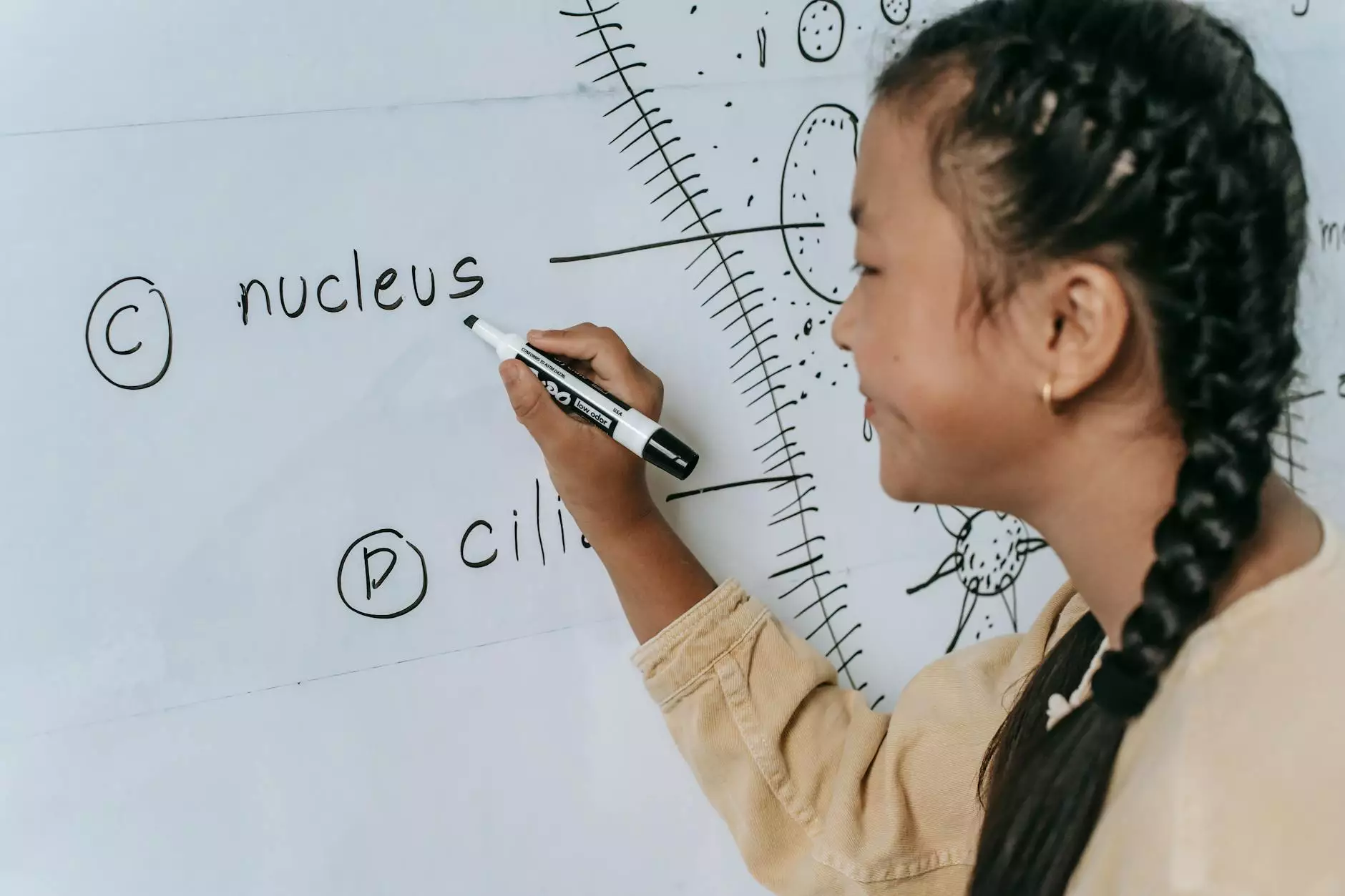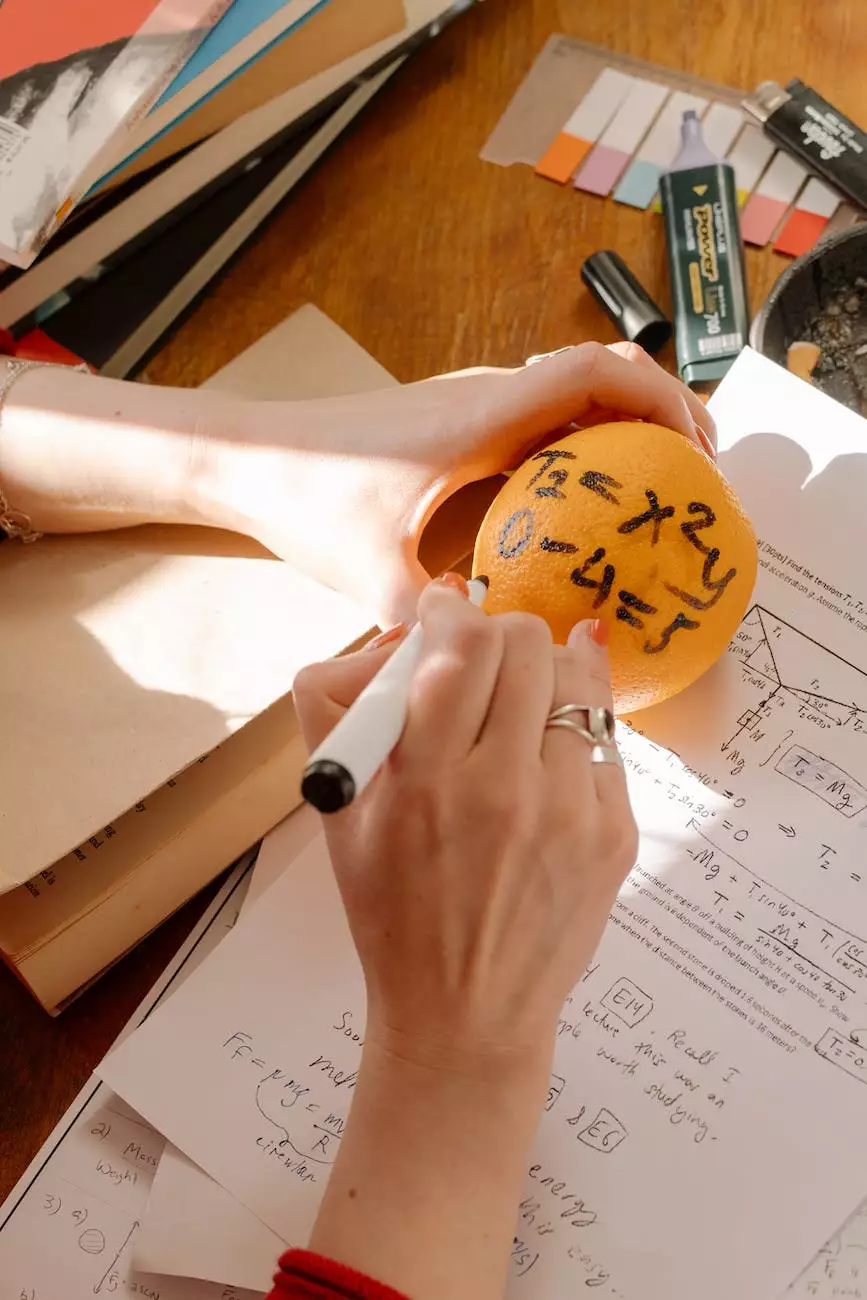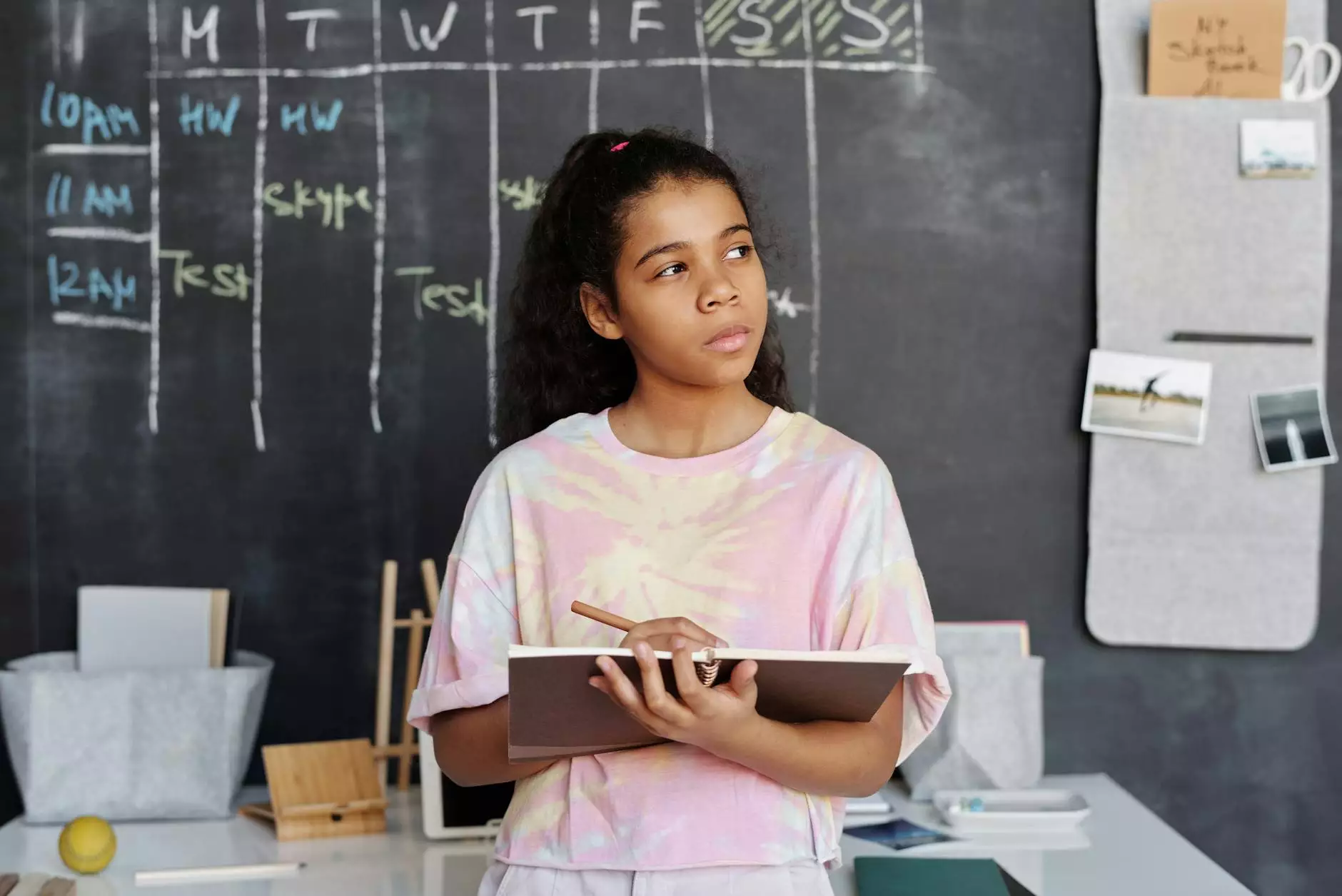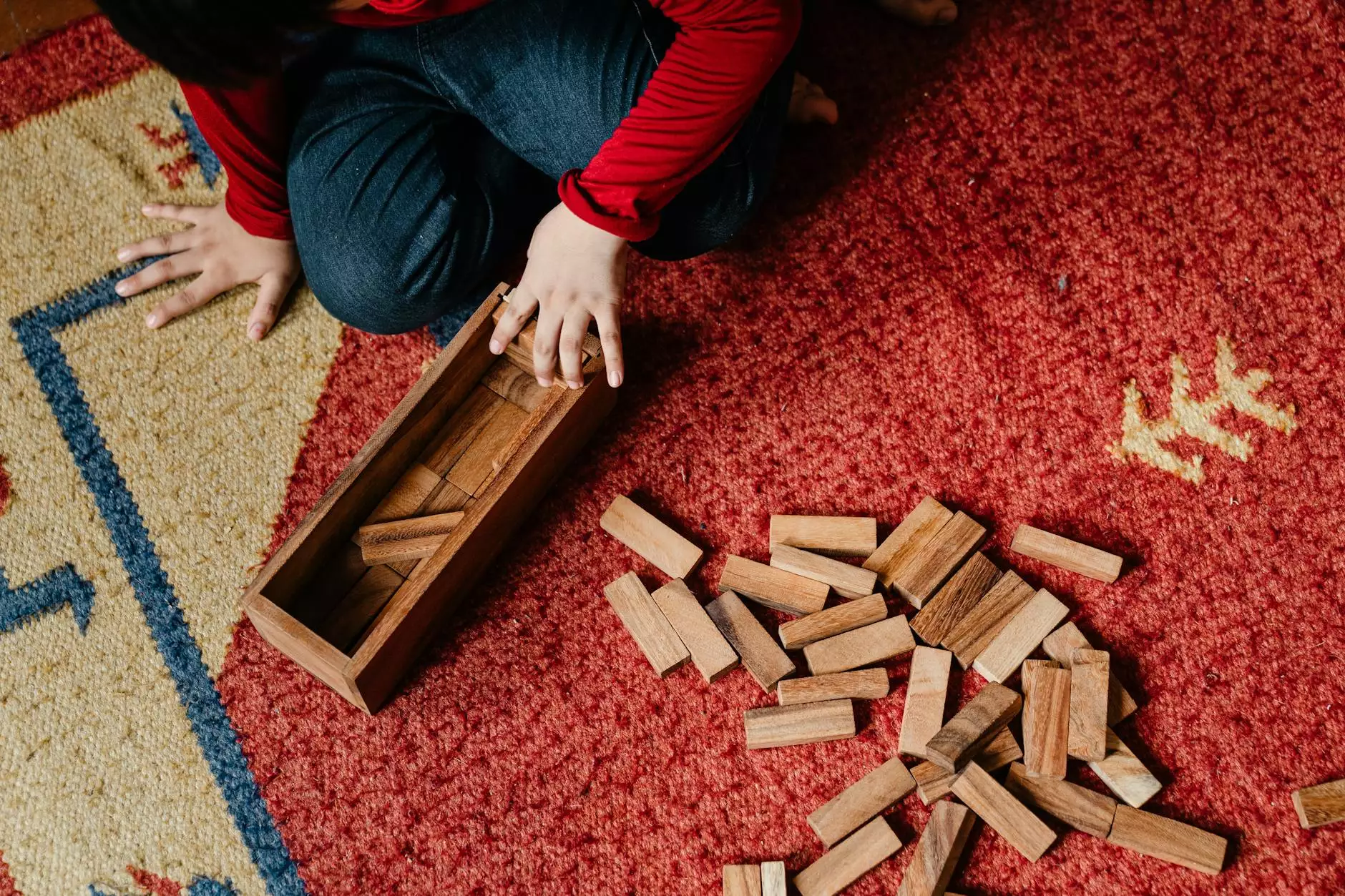What Should My Three-Year-Old Be Learning?
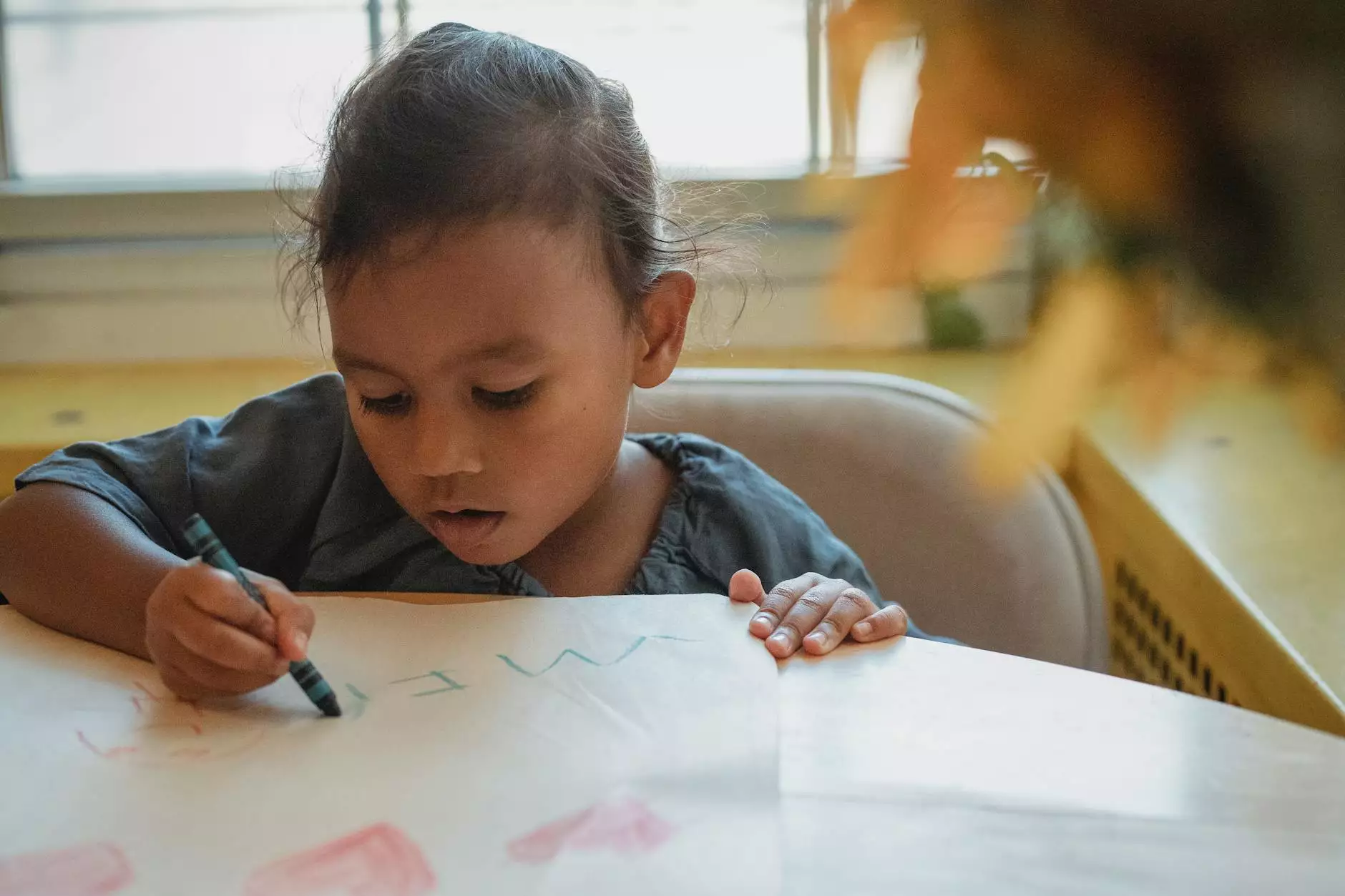
Overview of Early Childhood Education at The Knowledge Nest
Welcome to The Knowledge Nest, a leading educational resource for parents seeking guidance on their child's early development. In this article, we will provide you with a comprehensive understanding of what your three-year-old should be learning and how you can support their growth and learning journey.
Early Childhood Development Milestones
The age of three is an important period in a child's development. At this stage, children are rapidly expanding their cognitive, physical, social, and emotional abilities. Understanding the developmental milestones can help you gauge your child's progress and identify areas where additional support may be beneficial.
Cognitive Development
During this stage, your three-year-old should be developing language skills, understanding basic math concepts, recognizing shapes, colors, and letters, as well as engaging in imaginative play and problem-solving activities. At The Knowledge Nest, we focus on cultivating their curiosity and critical thinking through interactive learning experiences.
Physical Development
Physical development plays a vital role in enhancing your child's overall growth. At this age, they should be improving their gross motor skills through activities like running, jumping, and climbing. Fine motor skills such as using scissors, holding a pencil, and building with blocks also begin to develop further. Our educators design age-appropriate activities and play areas to stimulate their physical dexterity and coordination.
Social and Emotional Development
Three-year-olds are gradually learning to navigate social interactions, express their emotions, and develop empathy towards others. They start engaging in cooperative play, sharing, and taking turns. Our curriculum at The Knowledge Nest emphasizes the importance of communication, empathy, and building positive relationships with peers and adults.
Curriculum and Learning Approaches
We adopt a holistic approach to early childhood education, focusing on the following areas of learning:
- Language and Literacy: Enhancing vocabulary, letter recognition, storytelling, and early reading skills.
- Mathematics: Introducing basic counting, number recognition, patterns, and problem-solving.
- Science and Discovery: Encouraging exploration, experimentation, and observation of the natural world.
- Creative Arts: Promoting self-expression, imagination, and appreciation for various art forms.
- Social Studies: Developing an understanding of community, cultural diversity, and global awareness.
- Physical Education: Engaging in physical activities to enhance motor skills and promote a healthy lifestyle.
Through a combination of structured lessons, hands-on activities, group discussions, and individual exploration, we ensure that each child receives a well-rounded educational experience tailored to their unique learning style.
Benefits of Early Childhood Education
Research has shown that quality early childhood education positively impacts a child's future academic and social success. By enrolling your three-year-old in an educational program like The Knowledge Nest, you are providing them with the following benefits:
- Enhanced cognitive and language skills
- Improved social skills and conflict resolution abilities
- Greater self-confidence and independence
- Building a strong foundation for future academic achievements
- Opportunities for emotional expression and self-regulation
- Exposure to diverse cultures and perspectives
- Nurturing a lifelong love for learning
Enroll Your Child at The Knowledge Nest
At The Knowledge Nest, we believe that every child deserves a nurturing and stimulating environment to thrive in. Join our community of parents and educators as we support your child's growth, curiosity, and love for learning. Contact us today to learn more about our programs and enroll your three-year-old in a remarkable educational journey!
Disclaimer: The content provided above is for informational purposes only. Individual developmental trajectories may vary, and it's essential to consult with your child's pediatrician or early childhood education experts for personalized advice.


